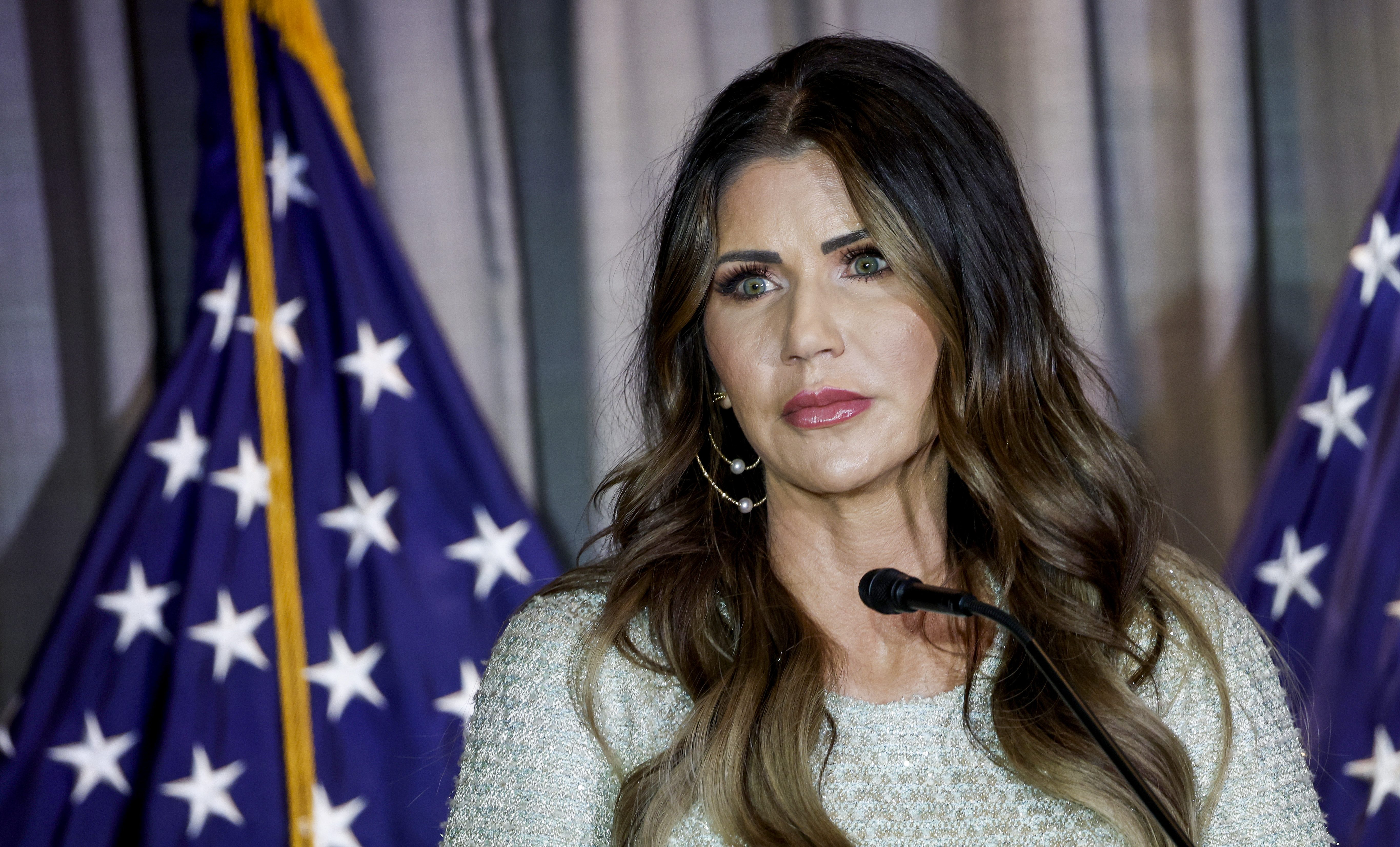President Barack Obama demanded on Monday that lawmakers raise the nation's $16.4 trillion federal debt limit quickly, warning that "Social Security benefits and veterans' checks will be delayed" if they don't and cautioning Republicans not to insist on cuts to government spending in exchange.
"They will not collect a ransom in exchange for not crashing the economy," he said at the 21st and final news conference of his first term. "The full faith and credit of the United States of America is not a bargaining chip. And they better decide quickly because time is running short."
For full politics coverage, visit NBCNews.com.
Answering questions for about an hour, Obama also said he will soon ask Congress to enact new gun control legislation in the wake of the shootings that left 20 elementary students dead at a Newtown, Conn., school a little more than a month ago.
Among the proposals under consideration are a ban on assault-style weapons and high capacity ammunition magazines. Obama said he would unveil his proposals next week. He was meeting after his news conference with Vice President Joe Biden, his point man in producing gun control measures to present to Congress.
Facing stiff opposition from the National Rifle Association, he conceded lawmakers may not approve everything he asks for.
Obama joked about perhaps inviting more members of Congress to the White House for social functions. With his daughters growing older and less inclined to spend their time with him and his wife, Michelle, he said, "I'm getting kind of lonely in this big house."
U.S. & World
Stories that affect your life across the U.S. and around the world.
But the risk of a default once the debt ceiling is reached dominated the news conference, and Obama treated it as anything but a laughing matter.
Visit NBCNews.com for breaking news, world news, and news about the economy
"We are not a deadbeat nation," he declared, less than a week away from taking the oath of office for a second term.
Within minutes, Senate Republican leader Mitch McConnell of Kentucky said the president and his allies in Congress need to get serious about spending, and the debt-limit debate is the perfect time for it.
"I do know that the most important issue confronting the future of our country is our deficit and debt," McConnell said. "So we are hoping for a new seriousness on the part of the president with regard to the single biggest issue confronting the country, and we look forward to working with him to do something about this huge, huge problem."
House Speaker John Boehner said in a statement, "The American people do not support raising the debt ceiling without reducing government spending at the same time. ... The House will do its job and pass responsible legislation that controls spending, meets our nation's obligations and keeps the government running, and we will insist that the Democratic majority in Washington do the same."
While most of the questions focused on the economy and gun control, Obama also urged critics not to "rush to judgment" in evaluating his second-term team for diversity.
He turned aside a question of whether his record with Congress would be better if he invited more lawmakers to the White House in off-hours. When guests from Congress make the trip to the executive mansion, "I promise you, Michelle and I are very nice to them. We have a wonderful time. But it doesn't stop them from going on the floor of the House and blasting me for being a big spending Socialist," he said.
Obama made his remarks as a new Congress was settling in for its own new term, Republicans in control of the House and Democrats in the Senate.
Lawmakers face three distinct deadlines before April 1. The debt limit must be raised to prevent a default, a series of across-the-board spending cuts is to kick in on March 1, and funding for most government programs will run out on March 27.
Obama virtually dared Republicans to let the government shut down rather than renew funding beyond March 27. "It will hurt the economy," he said emphatically.
The president opened his news conference with a statement by saying that a vote to increase the debt limit "does not authorize more spending. It simply allows the country to pay for spending that Congress has already agreed to. These are bills we've already racked up and we need to pay them."
Jabbing at Republicans, he quoted House Speaker John Boehner's remarks of two years ago that allowing a default on U.S. obligations — the practical effect of failing to raise the debt limit — would be a disaster.
Obama said he was willing to consider future deficit cuts, but only if they are done independently from a vote to raise the $16.4 trillion debt limit.
In a blunt rebuttal to Republicans who say they will not agree to any more tax increases, the president said taxes and spending both must be on the table.
He said he is "open to making modest adjustments to programs like Medicare to protect them for future generations," and wants to close tax loopholes at the same time.
Obama spoke less than a week before his inauguration for a second term, and several days after he signed legislation that narrowly averted a "fiscal cliff" of automatic spending cuts and across-the-board tax increases.
Combined with other bills he signed earlier in the term, he said he and Congress have reduced deficits by about $2.5 trillion over a decade, somewhat less than the $4 trillion he said is necessary to get them down to a manageable size.
"I'm happy to have a conversation about how we reduce our deficits in a sensible way," he said, but added repeatedly he wasn't willing to let congressional Republicans use the debt limit as leverage in negotiations over spending cuts.
Failure to raise the debt limit would put the United States into a first-ever default, a step that Obama said could "blow up the economy."
Congressional Democrats have recently urged the president to lift the debt limit unilaterally. He said — as he has before — that he won't do it, that Congress had voted for the spending that resulted in federal borrowing, and should now agree to pay the bill.
When it came to gun legislation, the president sought to reassure sportsmen and hunters that they have nothing for worry about.
"The issue here is not whether or not we believe in the 2nd Amendment. The issue is whether there are sensible steps we can take so that the individual in Newtown can't walk into a school and gun down a bunch of children in a shockingly rapid fashion. Certainly we can do something about that," he said.
Short of legislation, the president said there were administrative actions he could take. Asked to provide an example, he said, "How we are gathering data, for example, on guns that fall into the hands of criminals and how we track that more effectively."



